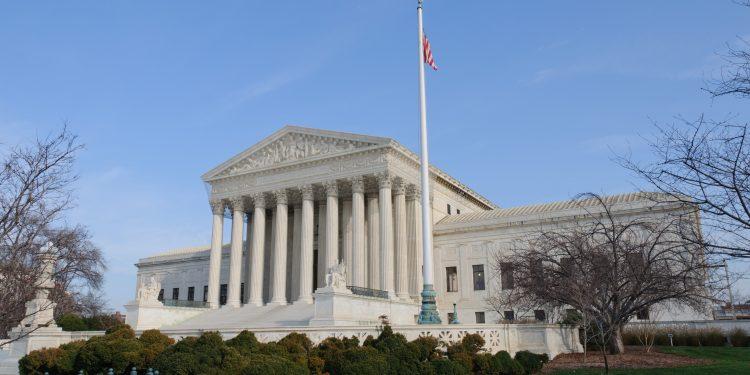President Joe Biden faced a significant setback as the Supreme Court blocked his administration’s student loan forgiveness plan. The program, aimed at providing relief of up to $20,000 to borrowers grappling with outstanding debt, was rejected in a 6-3 decision by the conservative supermajority, with Chief Justice John Roberts writing the majority opinion.
The court’s ruling is expected to become a major issue in the upcoming 2024 presidential race. President Biden may seek to rally liberals by asserting that the conservative court prevented him from delivering debt relief to voters. Meanwhile, Republicans are celebrating the decision as a defeat for what they deem a “bailout” plan.
Republican-led states and conservative opponents of the program argue that it constitutes an unlawful attempt to erase approximately $430 billion of federal student loan debt under the guise of the pandemic. Chief Justice Roberts stated that the Biden administration and the Secretary of Education had exceeded their authority by effectively rewriting the law.
The White House had sought to use the authority granted by the HEROES Act to waive the debt. However, Roberts asserted that direct authorization from Congress was required to implement such a program. He emphasized that the issue at hand was not whether action should be taken but rather who had the authority to take it.
The dissenting liberal justices accused the majority of making political decisions rather than serving as arbiters of legal disputes. Justice Elena Kagan criticized the court for substituting itself for Congress and the executive branch, taking charge of the nation’s most important and contentious policy decisions.
As a result of the court’s decision, borrowers targeted by Biden’s plan will receive no relief. Monthly payment obligations, which were paused during the Covid-19 pandemic, will resume starting in October.
The ruling raises questions about the extent of executive power and marks another expansion of the so-called “major questions doctrine,” allowing federal judges to strike down policies of economic or political significance if Congress has not provided clear authorization. Roberts argued that the executive’s actions amounted to seizing legislative power, infringing on Congress’s control of the purse.
The political fallout was swift, with Republicans celebrating the ruling against Biden. Former Vice President Mike Pence referred to the debt relief program as a bailout, criticizing its impact on hardworking Americans. House Republicans had already included an end to student loan forgiveness in their debt ceiling plan, and House Speaker Kevin McCarthy applauded the court’s decision.
Democrats are urging Biden to explore alternative administrative actions to provide relief for student borrowers. Senate Majority Leader Chuck Schumer called on the administration to use all available means to deliver on the promise of student debt cancellation. Progressive Senator Elizabeth Warren emphasized that the fight is not over and urged Biden to employ additional tools to fulfill his commitment to millions of Americans burdened by student loan debt.



























